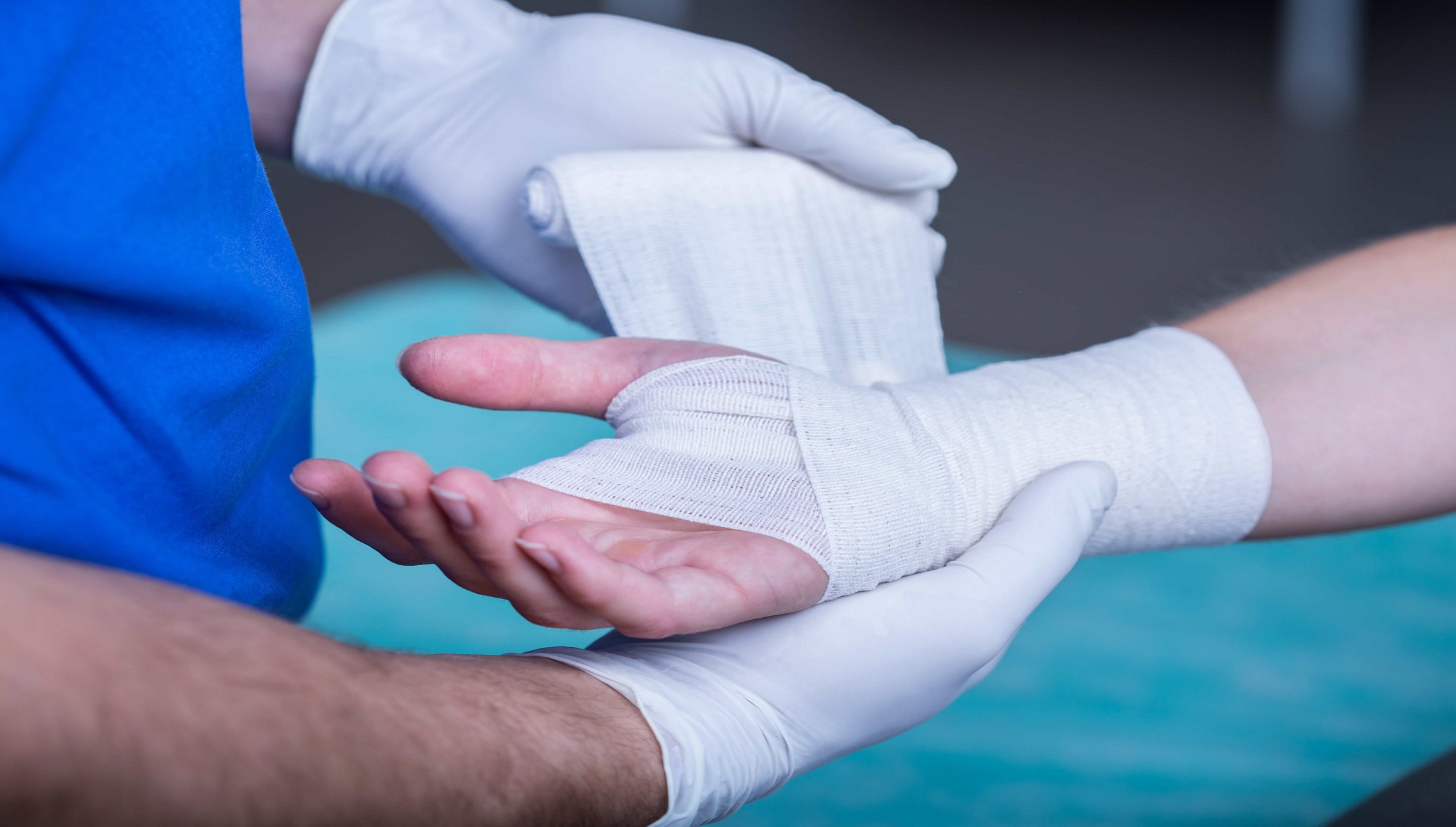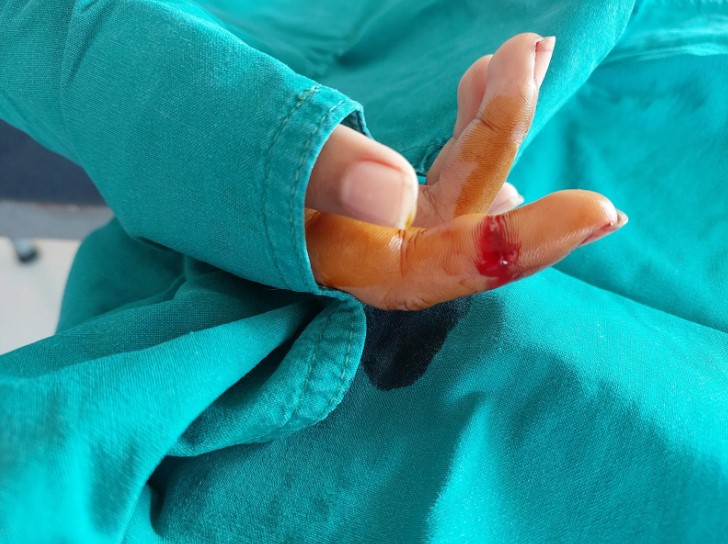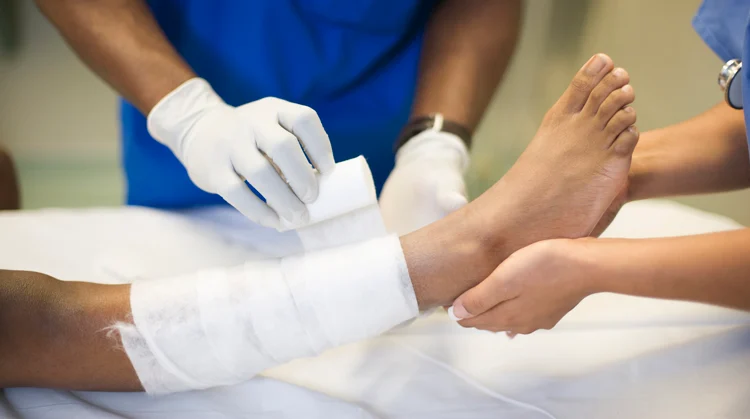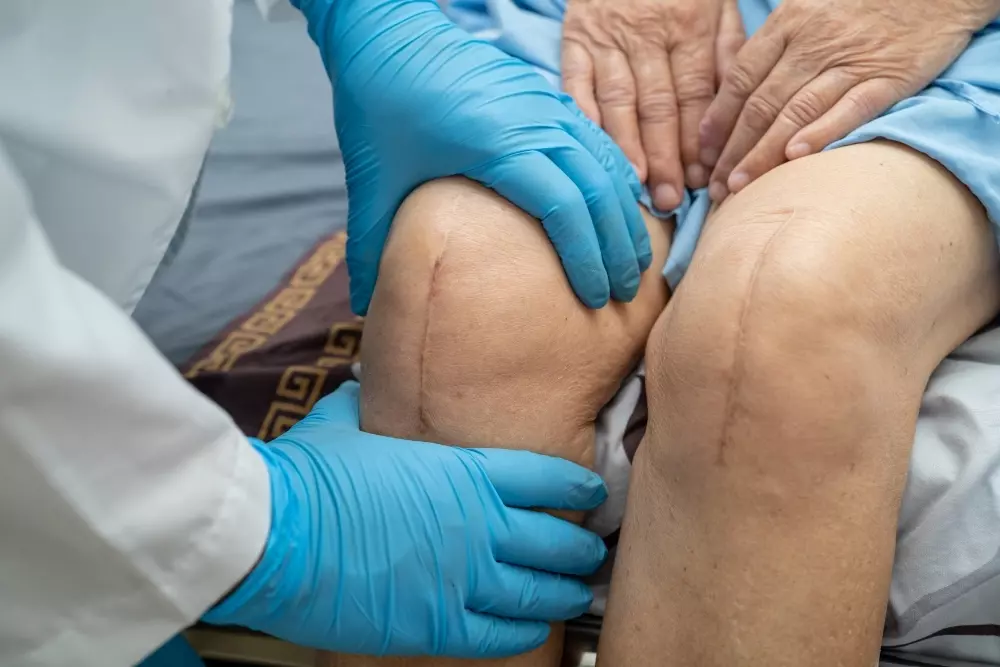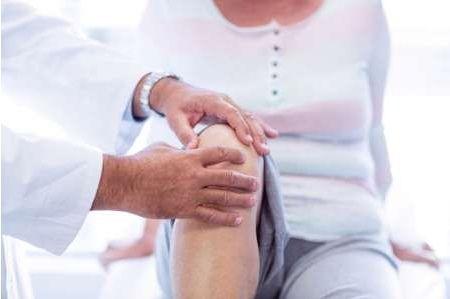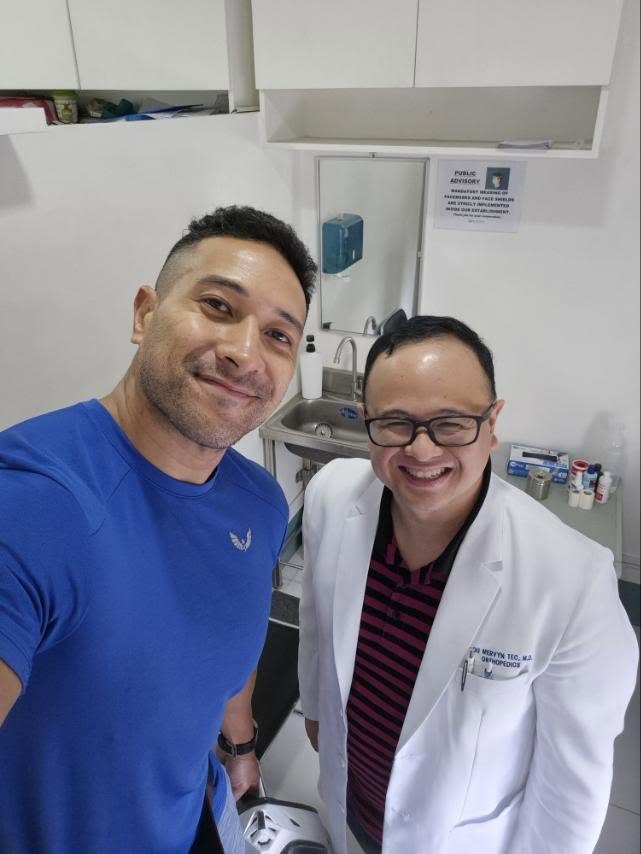Understanding the Role of a Wound Doctor Specialist
A wound doctor specialist is a medical professional with specialized training in diagnosing and treating wounds that are difficult to heal. Unlike general physicians, these experts focus exclusively on wounds such as chronic ulcers, diabetic foot wounds, pressure sores, surgical wounds, and traumatic injuries. Their knowledge extends beyond basic wound care, incorporating advanced techniques to promote faster healing and prevent complications. Chronic wounds, in particular, require expert attention because they can persist for months or even years without proper treatment. The wound doctor specialist evaluates each wound thoroughly, considering the patient’s overall health, underlying conditions, and lifestyle factors. Their role is essential in managing wounds that fail to heal through conventional methods. This focused care helps reduce the risk of infections, amputations, and other severe health issues.
Common Conditions Managed by Wound Doctor Specialists
Wound doctor specialists commonly treat chronic wounds, which are wounds that do not follow the typical healing process. These include diabetic foot ulcers, which are a frequent complication for people with diabetes and can lead to serious infections if untreated. Venous ulcers caused by poor blood circulation and arterial ulcers due to restricted blood flow are also common concerns addressed by specialists. Pressure ulcers, often called bedsores, typically affect patients who are immobile or confined to beds for extended periods. Burn wounds, which require careful infection control and tissue repair strategies, fall within their scope as well. Understanding these conditions is vital, as each type of wound demands a different approach to care. Wound specialists assess the causes of non-healing wounds to provide personalized treatment that targets both the wound and its root factors.
Advanced Techniques and Treatments Used by Wound Doctor Specialists
Wound doctor specialists employ a variety of cutting-edge treatments to promote healing. Debridement, the process of removing dead or infected tissue, is a cornerstone of wound management and can be done surgically, enzymatically, or mechanically depending on the wound type. Specialized dressings, such as hydrocolloids, alginates, and foam dressings, create optimal healing environments by maintaining moisture and protecting wounds from infection. Negative pressure wound therapy (NPWT) uses suction to remove fluid and increase blood flow, accelerating recovery. Hyperbaric oxygen therapy (HBOT) is another advanced option where patients breathe pure oxygen in a pressurized chamber to boost tissue repair. For wounds requiring tissue replacement, skin grafts and engineered tissue solutions may be used to cover and close wounds effectively. These techniques, combined with the specialist’s expertise, improve healing rates and reduce complications for patients with challenging wounds.
When to Seek Help from a Wound Doctor Specialist
Knowing when to see a wound doctor specialist can make a significant difference in healing outcomes. If a wound shows no signs of healing within a few weeks despite basic care, it’s important to seek expert evaluation. Wounds that are painful, swollen, producing pus, or accompanied by fever could indicate infection and require urgent specialist attention. Patients with diabetes, poor circulation, or compromised immune systems should be especially vigilant about wounds that do not improve quickly. Delaying treatment increases the risk of serious infections, prolonged suffering, and in severe cases, the possibility of amputation. Early consultation with a wound doctor specialist allows for prompt and effective treatment plans tailored to the individual’s needs. Timely intervention often prevents complications and promotes faster recovery.
How Wound Specialists Collaborate with Other Healthcare Providers
Wound care is rarely isolated; specialists work closely with a multidisciplinary team to ensure comprehensive patient care. Collaboration often involves endocrinologists who manage diabetes, vascular surgeons addressing blood flow problems, and physical therapists aiding mobility and rehabilitation. This team approach enables specialists to treat the wound while also managing underlying health conditions that affect healing. Patient education is a critical aspect of this collaboration, as wound doctor specialists provide guidance on wound care techniques, lifestyle adjustments, and prevention strategies. Coordinated care ensures that all factors influencing wound healing are addressed, improving overall patient outcomes. This partnership supports patients in regaining health and avoiding future wound complications through integrated medical attention.
What to Expect During a Visit to a Wound Doctor Specialist
The first visit to a wound doctor specialist typically involves a detailed assessment to understand the wound’s history, current condition, and contributing factors. Specialists may use diagnostic tests such as blood flow studies, cultures to identify infections, or imaging to evaluate tissue damage. Based on this evaluation, a personalized treatment plan is created, outlining necessary procedures, wound care regimens, and follow-up schedules. The specialist also explains how the patient can assist healing through proper wound hygiene, nutrition, and lifestyle choices. Follow-up visits are essential to monitor progress and adjust treatment if necessary. Throughout this process, patients receive support and education to actively participate in their recovery. This thorough and tailored approach maximizes the chance of successful healing.
Tips for Patients to Support Wound Healing at Home
Patient involvement in wound care plays a crucial role in achieving optimal healing. Maintaining cleanliness by gently cleaning the wound and following dressing change instructions helps prevent infection. Proper nutrition, including a balanced diet rich in protein, vitamins, and minerals, supports tissue repair and strengthens the immune system. Staying well-hydrated is equally important for overall health and wound recovery. Patients should avoid smoking and limit alcohol consumption, as these habits can slow healing by reducing blood flow. Managing chronic conditions such as diabetes or vascular disease through medication and regular check-ups enhances the body’s ability to heal wounds. Wearing appropriate footwear and using pressure-relief devices can prevent new wounds, especially for those prone to pressure ulcers. Adopting these habits alongside professional care improves recovery and reduces the chance of recurrence.
Frequently Asked Questions (FAQ) About Wound Doctor Specialists
How long does it take for wounds to heal with specialist care?
Healing time varies depending on the wound’s size, type, and underlying health issues. Some wounds may heal in weeks, while chronic wounds might require months of treatment. Early specialist intervention generally shortens healing time.
Are wound doctor specialists covered by insurance?
Most insurance plans cover visits to wound specialists, especially when referred by a primary care physician. It’s advisable to check with your insurance provider about specific coverage.
What types of wounds do they NOT treat?
Wound specialists primarily focus on non-healing and complex wounds. Simple minor cuts or abrasions are usually managed by general practitioners and may not require specialist care.
How often should I visit the specialist?
Visit frequency depends on the wound severity and treatment plan. Some patients may need weekly visits, while others might have monthly follow-ups to monitor healing progress.
Can wound care prevent amputations?
Specialized wound care significantly reduces the risk of amputation by managing infections and promoting healing, particularly in diabetic foot ulcers and severe chronic wounds.

